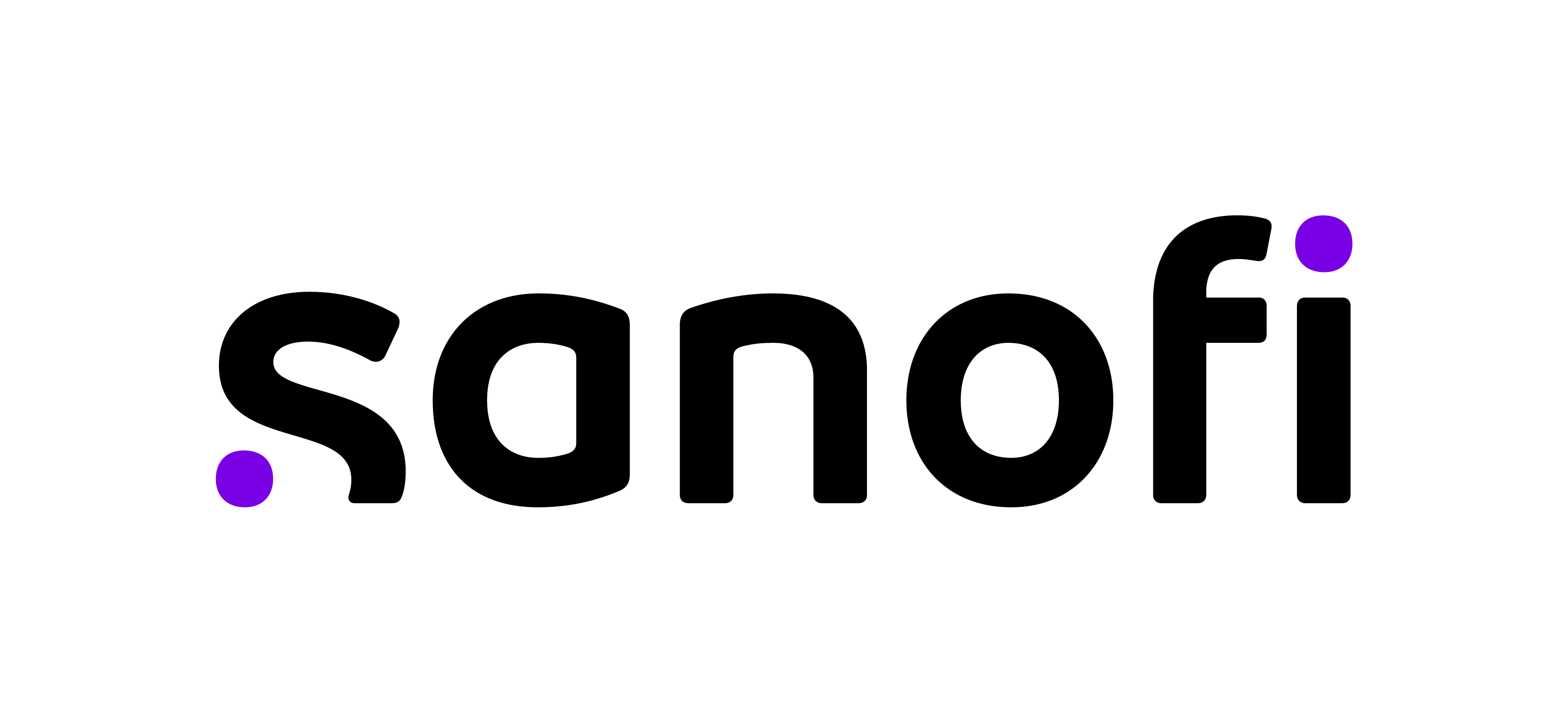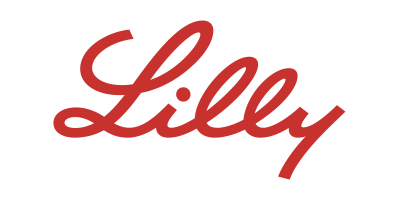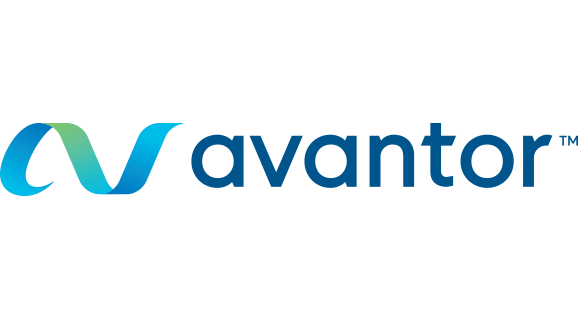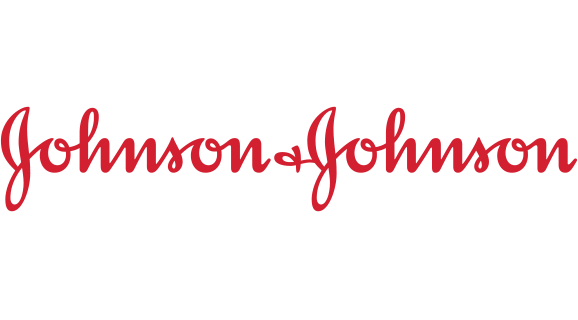|
|
|
We’re close to eradicating wild poliovirus—but we need broad vaccination coverage to get there. Plus, Google announced a new program that uses blockchain and SAFs to reduce business travel emissions. (471 words, 2 minutes, 21 seconds) |
|
|
|
|
Vaccines have nearly eradicated polio |
|
|
The “wild poliovirus” is close to being wiped off the face of the planet—thanks to concerted vaccination efforts.
The latest progress: The last two countries where polio is endemic, Afghanistan has reported five cases so far this year, and Pakistan has reported only two. This follows a lapse in vaccination during the pandemic, which saw 22 cases in the two countries, Nature reports.
What it means: Mountainous terrain, COVID, and the war in Afghanistan troubled vaccination programs, but the two countries are closer than ever to eradicating the virus, a World Health Organization (WHO) official says.
How we got here: WHO has been working to eradicate polio since 1988; cases have fallen by 99%. Polio vaccines, first developed in the 1950s, enabled the eradication of wild poliovirus from the U.S. in 1979.
But risk remains: A smattering of recent cases, including one in the U.S., stem from an older oral polio vaccine containing weakened live virus. This vaccine is no longer used in the U.S., but the shedding can pose a risk to under-vaccinated communities.
The bottom line: Eliminating all types of polio from the planet requires broad vaccine coverage.
More reading:National Immunization Awareness Month: An interview with GSK’s U.S. Vaccine Policy Director |
|
|
|
|
|
|
Google incentivizes business travel with SAF |
|
|
Google is the latest corporation to join a voluntary program enabling business travelers to get credit for carbon savings achieved with sustainable aviation fuels.
How it works: The Avelia platform, sponsored by Shell and AmEx Global Business Travel, tracks corporate flights with sustainable aviation fuel and tallies carbon savings using blockchain. Businesses include those savings when calculating efforts to achieve net-zero carbon operations.
Why SAF? Airline travel causes 2% of global energy-related CO2 emissions, but carbon-neutral SAFs made from biofeedstock can replace fossil fuels in airliners, reducing commercial aviation emissions by as much as 80%.
The challenge: Realizing greater carbon reductions with SAF requires achieving production at scale because planned SAF production capacity will provide just 1-2% of jet fuel used by 2027, says the International Energy Agency.
Why this program matters: “It is expected to enable investment in new refineries and technologies, so that supply can rise to meet the new demand,” says Shell, which is already developing SAF refineries.
The private sector steps up: Other collaborations encourage broader use of SAF, including Gevo’s efforts to commercialize 1 billion gallons by 2030.
But we need more public sector support. The Biden administration’s SAF Grand Challenge encourages production of 3 billion gallons annually by 2030, and the Inflation Reduction Act includes tax credits for SAF. BIO is also pushing for the inclusion of SAF incentives in the 2023 Farm Bill.
Listen to the I am BIO Podcast: SAF Takes Off |
|
|
|
|
|
|
President Biden’s Wednesday: Giving a speech at the White House marking the anniversary of the Inflation Reduction Act.
What’s Happening on Capitol Hill: The House and Senate are in recess through Labor Day. |
|
|
|
|







.png)










.png)


